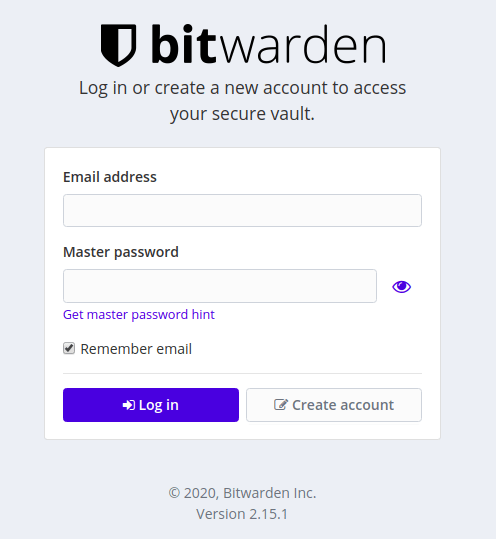
Users on Bitwarden's Free plan get unlimited password and secure-note storage across as many devices as they want. The Premium plan is a bargain when compared to similar tiers offered by other password managers, which often run about $35 per year. The free tier comes with most of the basic features you'd want in a password manager, making it a good option if you're just looking for safe storage.

There are cases of people just losing their google accounts, and everything on it, overnight, and a fire or flood can destroy flash drives, so having multiple backups is never a bad idea.Bitwarden offers three pricing tiers for consumer accounts: Free, Premium ($10 per year) and Family ($40 per year). In my opinion, the more places that are reasonably secure that you back it up, the better. Personally, I'm not a huge fan of KeyPass, or any of the forks, but they're certainly usable (if I were to use them with the remote sync, it would be via a Rclone crypt remote, but I think it encrypts it anyway) Not exactly a backup, really, but it's something you can access if necessary and while reading a JSON file or a CSV isn't hard, I can understand the draw of having backup easy access to a password manager.

That said, being logged in on multiple devices is already a backup of sorts, but it's never a bad idea to keep a spare. Hell, an encrypted file on your already encrypted phone's filesystem is probably not a bad idea, either. All Google, OneDrive, or whoever sees is encrypted files and filenames, so it's secure as long as you carefully store the encryption key and salt.Īn encrypted (Bitlocker if you use Windows is fine) USB key might be fine to serve as an additional or alternative. Many people use it for Plex, but it's perfectly valid for anything else. You can also just search for rclone crypt remote and plenty of results will come up. Here's a guide on how to do it with Google Drive, but just modify it a bit and you can use it with any remote that Rclone supports.

I'll break the mold here and suggest you use the cloud storage service of your choice, and use Rclone to create an encrypted storage on it (backup the key! I'd use something like 7zip with a very secure password written down somewhere) and then store the unencrypted JSON file backup (open it and make sure it's fine, first, it's human readable), onto the Rclone crypt.


 0 kommentar(er)
0 kommentar(er)
